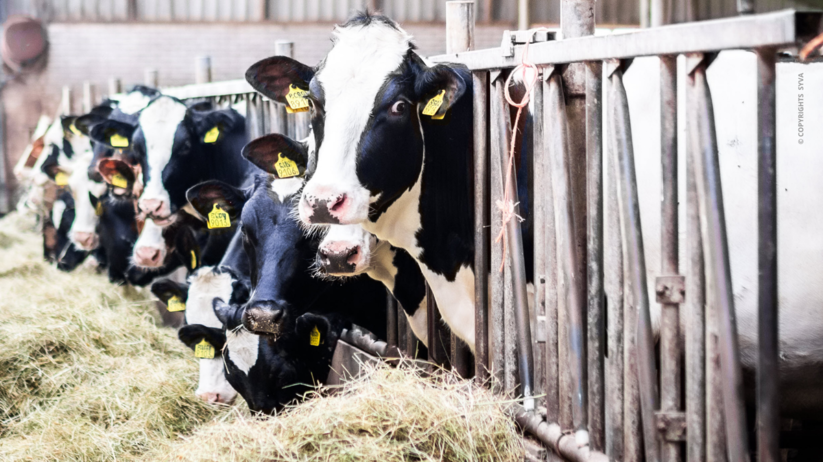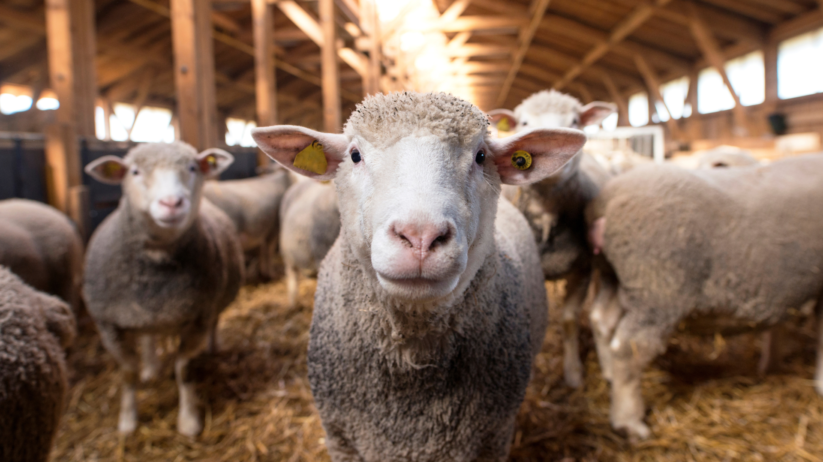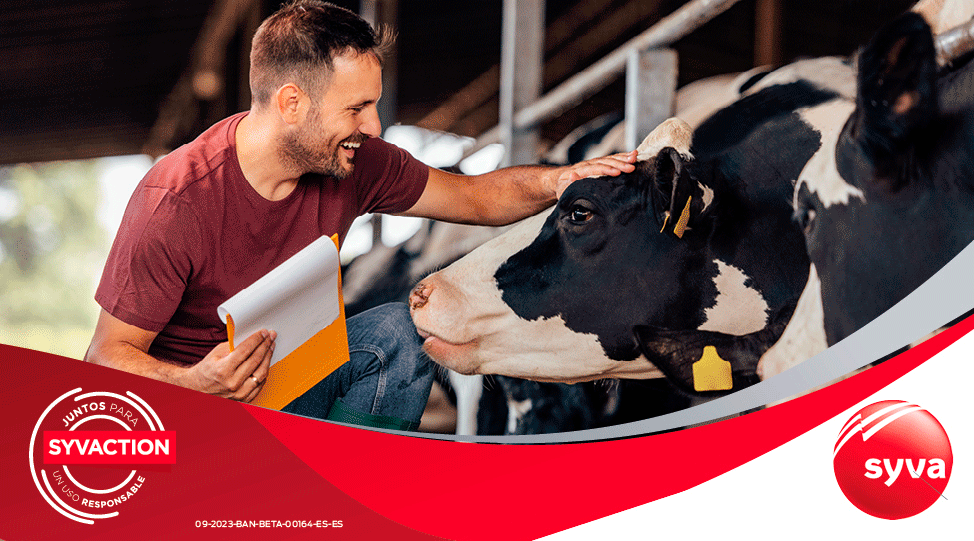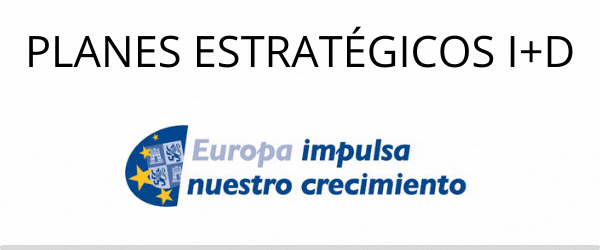SYVA AWARD 2021 : the jury has chosen our winner!

It was no easy task for the Syva Award jury to determine the winner. Indeed, no less than 17 candidates submitted their theses, all of which were of excellent quality. Of course, all criteria had to be met and the highest possible score had to be achieved for each of them. After two days of deliberations, which were conducted digitally, as required by the Covid-19 rules, 5 theses made it to the finish line.
We are therefore very proud to announce that the winning thesis is entitled: “Porcine epidemic diarrhoea virus: pathogenesis and protection” and that the candidate is Alejandro Pascual Iglesias!
– Who is our winner?
Alejandro Pascual is a 32-year-old researcher from Plasencia, Cáceres, who graduated in Biology (Biochemistry/Biotechnology) from the University of Salamanca(USAL) in 2012. There, in the framework of his dissertation on gestational intrahepatic cholestasis, he took his first steps in basic research. He then joined the Department of Physiology and Pharmacology at the University of Salamanca to complete a Master’s degree in Physiopathology and Molecular and Cellular Pharmacology,for which he received an award for the best postgraduate record. He then joined the Department of Physiology and Pharmacology at the University of Salamanca to complete a Master’s degree in Physiopathology and Molecular and Cellular Pharmacology, for which he received an award for the best postgraduate record.
A few years later, he moved to Madrid to complete his PhD Thesis in the team of Sonia Zúñiga Lucas and Luis Enjuanes Sánchez, two world-renowned experts who lead the coronavirus research group at the National Biotechnology Centre of the CSIC. In January 2020, Alejandro received his PhD with a grade of Outstanding Cum Laude from the Autonomous University of Madrid. Alejandro says he is proud of this thesis, which represents a great personal and professional achievement, and thanks to which he has been able to develop a vaccine with 100% efficacy against porcine epidemic diarrhoea virus (PEDV), which causes high mortality in piglets.
Alejandro is currently working at the Hospital de La Paz Research Institute (IdiPaz) in Madrid in Dr Eduardo López Collazo’s group, where he continues his research on coronaviruses and their interactions with the immune system, as well as on the protection provided by vaccination and pharmacological treatments.
– A thesis topic that, without realizing it at that time, was to be totally in line with current events.
Alejandro Pascual’s thesis studies the porcine epidemic diarrhoea virus, which is highly contagious in infected farms and causes high mortality in piglets.
“My work during this thesis, proposed to the Syva Award jury, consisted of studying the genes responsible for the virulence of the virus and modelling its infectious cycle in host cells,” explains Alejandro.
With thisinformation and applied genetic technologies, our winner has developed a ‘virus-copying model’ that can be modified by specifically altering the genes that confer virulence and lethality. The result is a virus that can infect a host without developing symptoms or causing death. Ultimately, this model should make it possible to produce a vaccine from a live, attenuated viral strain.
Several vaccine candidates have been developed by modifying the S protein, which the virus needs to enter the cell it infects, and the N protein, which is essential for coronaviruses, including porcine epidemic diarrhoea virus.
“One of the key points of my work,” says Alejandro, “is that we managed to modify the genetic sequence of the PEDV virus without altering the famous N protein. This allowed us to develop a candidate vaccine with maximum efficacy in terms of protection against this disease.”
In addition, this thesis opened other interesting avenues of research, linked among other things, to the modifications of the immune system generated by the virus and its adaptive capacities in the infected host. This could be the starting point for the development of other therapeutic approaches.
When asked why he chose this topic, Alejandro replies: “I always wanted to dedicate myself to research, especially in microbiology and, more specifically, in vaccine protection. I was familiar with Dr Enjuanes’ extensive work and publications on coronaviruses and, after attending one of his conferences, I didn’t hesitate to talk to him about applying for a thesis in his group and we immediately agreed”.
Beyond Alejandro’s passion for this type of research, his thesis also highlights the work of a whole team researching on coronaviruses within the CSIC! In fact, the coronavirus team has many years of experience in the study of the molecular basis of the pathogenesis of coronaviruses, especially those causing epidemics such as SARS-CoV, MERS-CoV, SARS-CoV-2 or PEDV. The latter is the focus of his thesis. Indeed, under the direction of Sonia Zúñiga Lucas, Alejandro had the privilege of joining the prestigious team of Luis Enjuanes Sánchez, whose work in the context of the current health crisis and his role as an expert on coronaviruses for the Spanish government is well known. We were honoured to be able to ask Sonia Zuñiga and Luis Enjuanes a few questions, feel free to check out their interview here.
– What motivated Alejandro to apply for the Syva Award?
We were curious to know what motivated our winner to apply for the Syva Award. When we asked Alejandro, we were happy to ear that our winner regularly browses the Syva website because of our news about pathogens in farm animals and our research and development interests. He discovered that Syva supports young researchers with an award for the best thesis in animal health. Motivated by his co-director Sonia Zúñiga and some close colleagues working in the same team, he answered our call and filled in the documents and form available on our website.
“I thought such an important and prestigious award would be a nice recognition for such a well thought-out and well-designed team effort, given its encouraging results and the current interest in coronaviruses,” he also commented.
– Syva Award is meaningful to the efforts of young scientists investing in research
When we informed him that the academic jury appointed by the university considered his thesis to be of very high quality and decided to award him the prize, Alejandro could hardly believe it, but then the feeling of pride took over.
In fact, he told us, “it is a great feeling to receive such recognition for work that has taken so much time, energy and thought over the years and that gives meaning to what you do and encourages you to continue”.
In addition to this sentiment, all our winners since the award exists, will tell you that receiving the Syva Award and having it on their CV, highlights their skills and gives important visibility to their work and new career development opportunities.
– Health situation persists and forces us to adapt.
While coronavirus-type viruses are at the heart of this thesis and the work of a whole team within the CSIC, a more specific species of it unfortunately interrupts the activities during which the Syva Prize and its 15,000 euros are traditionally awarded to the winner.
The University of León is organising an academic event with strict respect for the rules of distance and with a limited audience on 26 April.
The winner will be received at our facilities to receive the prize from our General Manager César Carnicer.
We will be sure to share this visit with you in a future news item. Stay tuned!
You may also be interested in

30 January, 2025
Syvac® EH Marker, the first and only DIVA vaccine against EHD, is now authorized in Belgium
Syva is pleased to announce that the FAMHP/FAGG has granted emergency use authorization for its marker (DIVA) vaccine against EHD in accordance with Article 110(2) of Regulation (EU) 2019/6 for use in cattle and deer.

24 January, 2025
Call for the 28th edition of the Syva Award International for the best doctoral thesis in Animal Health
We are pleased to remind you that the call for applications for the 28th Syva Award International is open until 18 February 2025. We also remind you that for two years now, the Syva Award International is no longer limited to Spanish candidates, but invites all doctoral students of any nationality who have submitted their thesis in animal health...

22 January, 2025
Syva receives a positive opinion for Syvazul BTV 3 vaccine from the CVMP of the European Medicines Agency (EMA).
On 15 January 2025, the Committee for Medicinal Products for Veterinary Use (CVMP) issued a positive opinion recommending the granting of a marketing authorization for Syvazul BTV 3 vaccine. This step forward marks an important milestone in the fight against Bluetongue, and Syva is proud to be at the forefront of this innovation.



